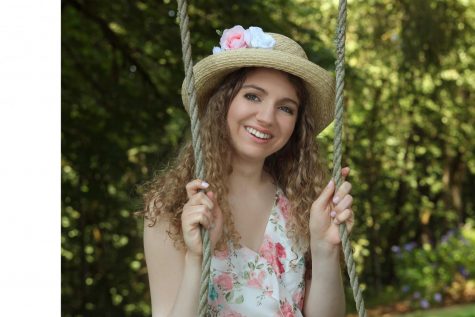Social distancing: an act of love
October 15, 2020
Making memories with friends and family is undoubtedly enjoyable, whether it be a game night, road trip or simple get together. However, with the COVID-19 outbreak, we must find ways to stay connected other than social gatherings. The simplest way to do so is by practicing social distancing. As strange as it may seem to separate ourselves from the people we care about, it has been scientifically proven to reduce the risk of infecting those we love.
As more people tire of the imposed restrictions and take part in social gatherings, the positive cases across all age groups and the severe illness and deaths of older people are increasing dramatically. In a recent poll by The Oregonian, 49 percent of 1,400 people said they attended four or more gatherings in the past two weeks, 16 percent attended 11 or more gatherings and 20 percent said they gathered with at least 10 people. As health authorities have said repeatedly, it only takes one infected person to spread the virus to someone who has underlying health conditions, resulting in severe illness, lifelong complications or death.
In Oregon, numbers are sharply increasing in the teenage and young adult populations. The younger populations’ cases are higher than any other age group due to exposure from non-socially distant gatherings and returning to school. There are fewer cases in people over 50, but it is the older population that is dying as a result of exposure. Although younger people may not show symptoms, they can be carriers, and their actions significantly impact older people or those with underlying health conditions. While it can be easy to get lost in the excitement of spending time with friends face-to-face, it is critical we do our part to social distance and protect not only ourselves but also the people who could be affected by our choices.
Medical professionals, most recently one in Lake Oswego, as reported by the Portland Tribune, are urging people to do the right thing and think of others before going out with friends and family. Before we agree to social gatherings, we must stop to think about how the decision we make could mean life or death for someone else.



